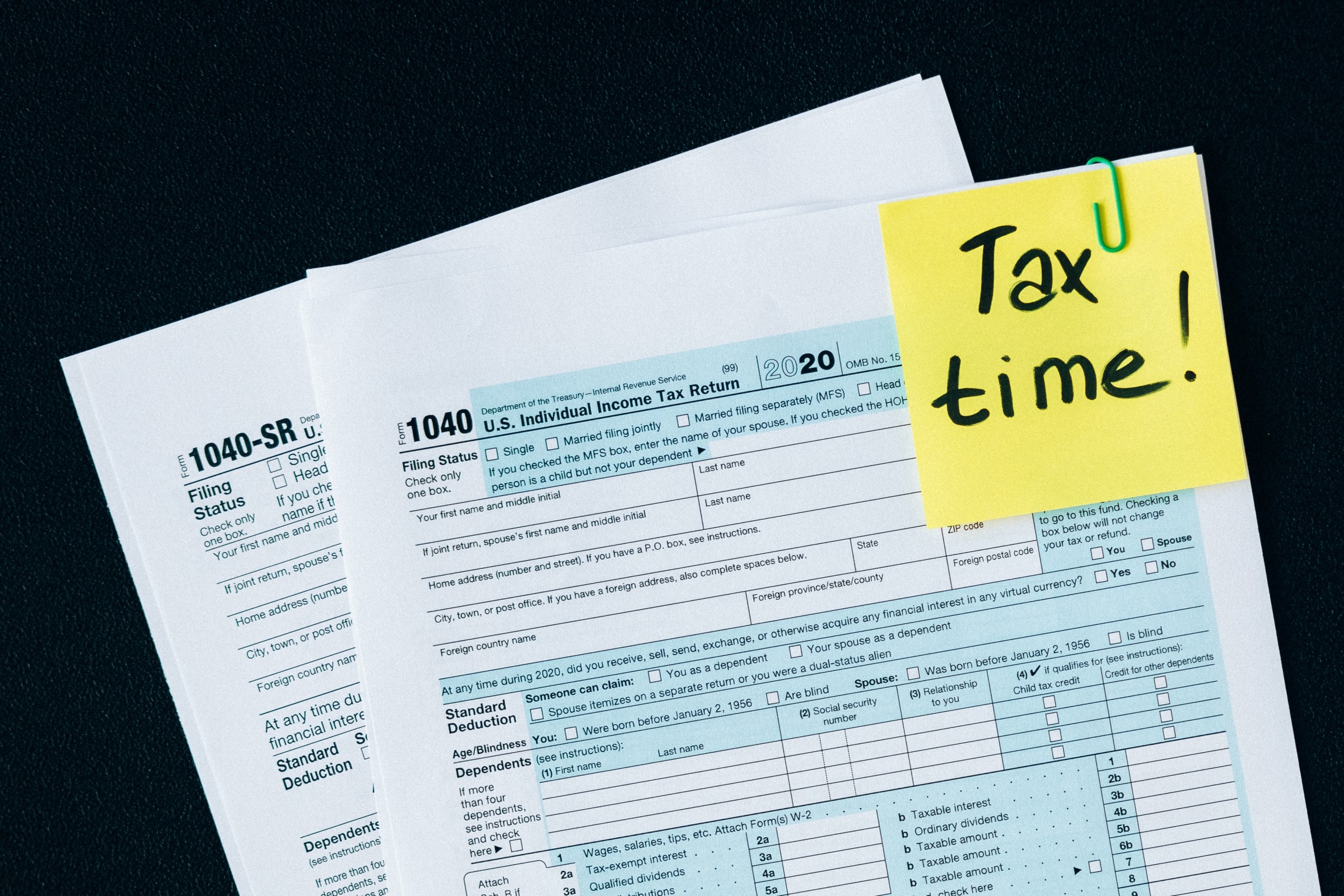As you probably know, almost everyone with an income needs to file a tax return. You may be dreading tax time because you’re afraid that you owe money to the Internal Revenue Service (IRS) or the state. But, it’s just as likely that you’ll be getting a refund!
One benefit of filing taxes is that you may get extra money back through tax credits, above and beyond what was withheld from your paycheck. Another benefit is that some tax credits can lower the income taxes you have to pay and might even give cash refunds to families whose incomes are too low to owe taxes.
As you get ready to file your taxes, here are a couple of things to keep in mind:
- You must file federal forms 1040 or 1040SR for those 65+ years old, and state form WI 1 to claim tax credits. If you file form WI 1NPR for nonresidents or part-time residents, you must have lived in Wisconsin year-round to get tax credits.
- Say “no” to Refund Anticipation Checks (RAC). RACs don’t get you your money any sooner and the rates and fees really add up. The result is a lot of money out of your pocket!
Free Ways to File Taxes
You can save money by doing taxes on your own instead of paying a tax preparer. Filing taxes is easier than in the past because of these programs:
- Federal Returns – At www.irs.gov, you can use brand-name software or free fillable forms to file online, or you can print the forms you need to file.
- State Returns – You can also file your Wisconsin taxes online or by mail with forms from the Wisconsin Department of Revenue (or your local library). Be sure to do your federal taxes first since you’ll need some of that information for your state tax return.
- Volunteer Income Tax Assistance (VITA) – Low-income individuals and families are eligible for free tax preparation by high quality, trained volunteers. VITA sites are generally located at community centers, libraries, schools, shopping malls and other locations across the state. To find the location closest to you, call 1-800-906-9887 or go to www.irs.gov and search for VITA.
- Depending on your household income, you can file your federal AND state taxes together at www.myfreetaxes.com, a website sponsored by United Way and several national companies. The Q&A format makes filing easy!
File Early if You Owe Taxes
- Many people tend to put off things they don’t want to do, but if you owe income taxes, they need to be paid by April 15th.
- If you are not able to pay the full amount, there are short term extensions and monthly payment plans available.
Do you qualify for major tax credits?
When you file your taxes, if you qualify for tax credits, you’ll need to fill out a few extra forms. These tax credits include:
- The Earned Income Credit (IRS Schedule EITC) is a tax benefit for workers who earn low or moderate incomes. Qualifying persons who file federal and state tax returns get back some or all of the income tax withheld from their pay during the year. You might even get more money back than you paid in taxes.
- The Homestead Credit (WI Schedule H) is a tax benefit for renters and homeowners with low or moderate incomes. Qualifying persons who file state returns get back some or all of their state taxes withheld during the year.
Making the Most of Your Refund
- Make a wish list– It can get you thinking about how to spend your refund. Write down the ways you want to spend your refund and how much each will cost. You might include needed things and fun things too.
- Go back and circle items on the list you need to pay for first. If it adds up to too much money, cross off circled items one by one until you stay within your refund.
How about saving some of your refund?
Tax refunds only come once a year and it’s always nice to have some emergency money during the rest of the year.
The IRS offers an automatic savings option. Fill out IRS Form 8888 to split your refund between savings and spending. For example, if you get back $1,000, you can put $750 into your checking account to pay bills and put $250 into your savings account. You can even use some of your refund to buy savings bonds.
To $um It Up:
- Filing taxes can be a great time to make the most of your money
- Make a wish list to help decide how to spend your refund
- A tax refund could be the perfect time to jumpstart your financial goals – start or add to your savings account for emergencies, retirement, or your child’s college fund –whatever is most important to you!
“Money $mart in Head Start” is provided by UW-Extension Family Living as part of the Head Start Financial Capability Project funded through the Annie E. Casey Foundation and reviewed by Peggy Olive, Financial Capability Specialist, UW-Madison/Extension. Authored by Sandy Liang, Family Living Educator, Waupaca County.
Download Article


 Money $mart in Head Start Newsletters
Money $mart in Head Start Newsletters Money $mart in Head Start - Consent Form and Baseline Survey
Money $mart in Head Start - Consent Form and Baseline Survey Money $mart in Head Start Program Impacts
Money $mart in Head Start Program Impacts Financial Literacy Workshops for Families
Financial Literacy Workshops for Families


